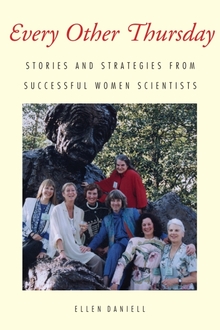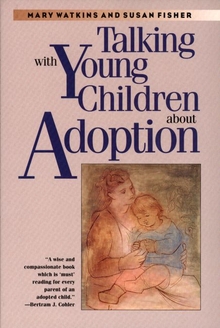Mutual Accompaniment and the Creation of the Commons
WARNING
You are viewing an older version of the Yalebooks website. Please visit out new website with more updated information and a better user experience: https://www.yalebooks.com
Mary Watkins; With a Foreword by George Lipsitz and a Contribution by G. A. Bradshaw
A landmark book that maps a radical model not only for the “helping” professions but for the work of solidarity
This timely and pathbreaking volume maps a radical model of accompaniment, exploring its profound implications for solidarity. Psychosocial and ecological accompaniment is a mode of responsive assistance that combines psychosocial understanding with political and cultural action. Accompaniment—grounded in horizontality, interdependence, and potential mutuality—moves away from hierarchical and unidirectional helping-profession approaches that decontextualize suffering. Watkins envisions a powerful paradigm of mutual solidarity with profound implications for creating commons in the face of societal division and indifference to suffering.
This timely and pathbreaking volume maps a radical model of accompaniment, exploring its profound implications for solidarity. Psychosocial and ecological accompaniment is a mode of responsive assistance that combines psychosocial understanding with political and cultural action. Accompaniment—grounded in horizontality, interdependence, and potential mutuality—moves away from hierarchical and unidirectional helping-profession approaches that decontextualize suffering. Watkins envisions a powerful paradigm of mutual solidarity with profound implications for creating commons in the face of societal division and indifference to suffering.
Mary Watkins, a leading voice in liberation psychology, is co-author of Toward Psychologies of Liberation, Up Against the Wall: Re-Imagining the U.S.-Mexico Border, and Talking with Young Children about Adoption, and is author of Waking Dreams and Invisible Guests: The Development of Imaginal Dialogues. She is co-founder of the Community, Liberation, Indigenous, and Eco-Psychologies graduate specialization at Pacifica Graduate Institute.
"Quite creative and amazingly integrative."—Darcia Narvaez, University of Notre Dame, author of Neurobiology and the Development of Human Morality: Evolution, Culture and Wisdom
"This original and impressively thorough book has the potential to establish 'psychosocial accompaniment' as a primary mode of practice in the helping professions. It is the perfect antidote to widespread indifference to human suffering."—Tod Sloan, Lewis and Clark College, author of Damaged Life: The Crisis of the Modern Psyche
"An original and significant intervention that will have far-ranging appeal to students of psychology, anthropology, and cultural studies. This book holds the potential of becoming a classic."—Deanne Bell, University of East London
"A timely book, full of delightful anecdotes and practical guidance. Mary Watkins has crafted an extraordinary story of a nearly forgotten practice."—Peter Westoby, Queensland University of Technology, Australia, co-author of Participatory Development Practice: Using Traditional and Contemporary Frameworks
"Watkins speaks about the need for providers to go beyond their privileged comfort levels and address the real needs of the people we aim to serve and support."—Chakira M. Haddock Lazala, Ph.D.
"A groundbreaking book that reveals the heart of an activist. Mary Watkins' wonderful and accessible stories of accompaniment have the potential to transform the very structures of human service provision."—Lynne Layton, Harvard Medical School
"A book for our time that is right on time"—from the Foreword by George Lipsitz, author of How Racism Takes Place
"In this book, 'accompaniment’ is presented as a preferred approach to psychotherapy; as recognition of the web of life; and as an alternative to capitalism. An absorbing read."—Staughton Lynd, author of Accompanying: Pathways to Social Change and co-editor with Alice Lynd of Nonviolence in America: A Documentary History
"Mary Watkins encourages a radical leveling and decolonizing of caring relations. To read her detailed study of mutual accompaniment is itself a beautiful breaking of bread."—Andy Fisher, author of Radical Ecopsychology
“Exceptional insights that are deeply researched. Watkins demonstrates how communities resist persistent racialized gendered colonialism through mutual accompaniment and solidarity. A must read for all who seek a more egalitarian, just, and peaceful intercultural commons-to-come.”—M. Brinton Lykes, co-author with Alison Crosby of Beyond Repair? Mayan Women’s Protagonism in the Aftermath of Genocidal Harm
ISBN: 9780300236149
Publication Date: June 25, 2019
Publication Date: June 25, 2019
376 pages, 6 1/8 x 9 1/4











